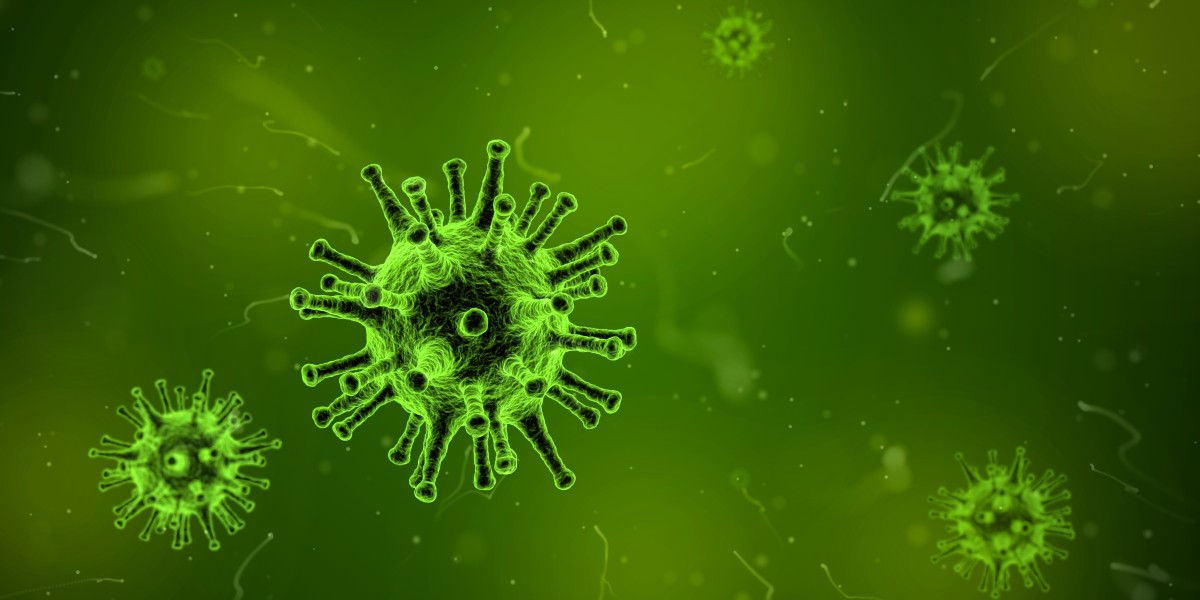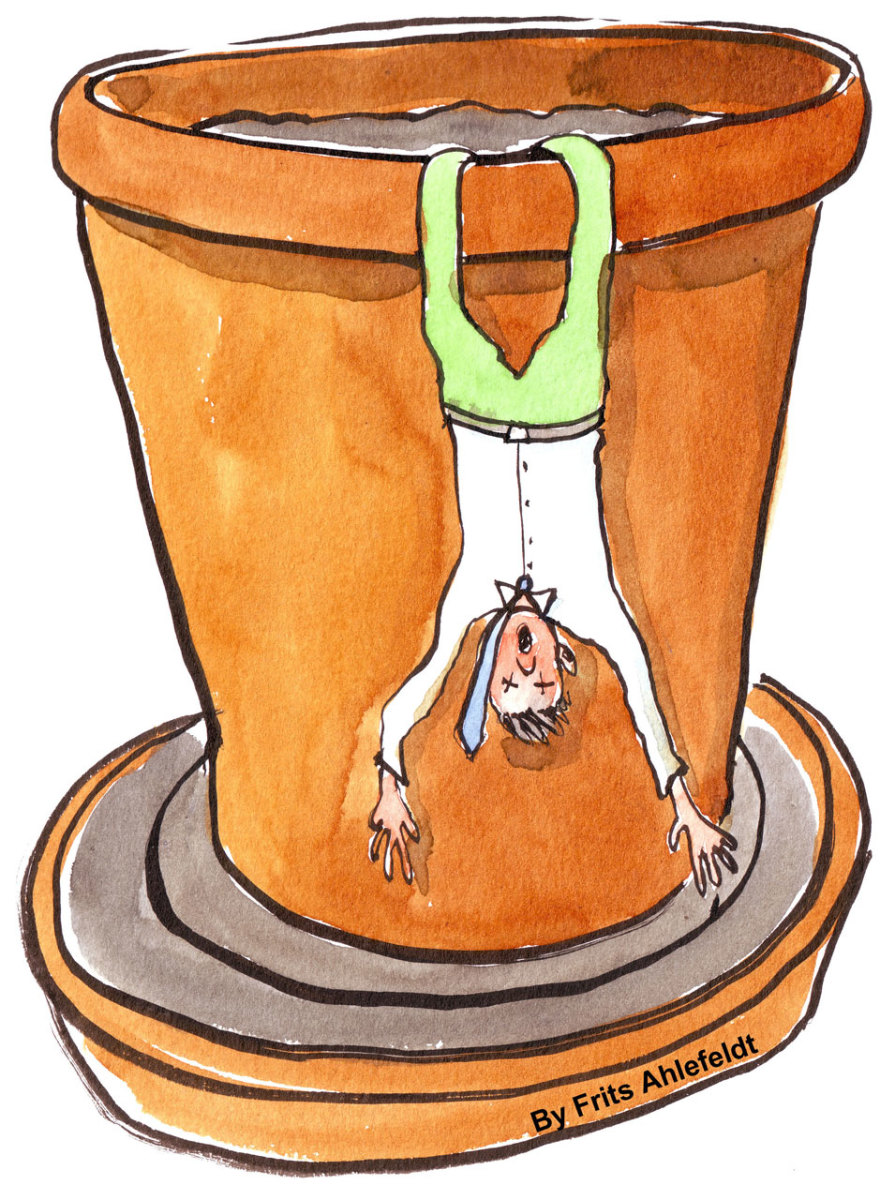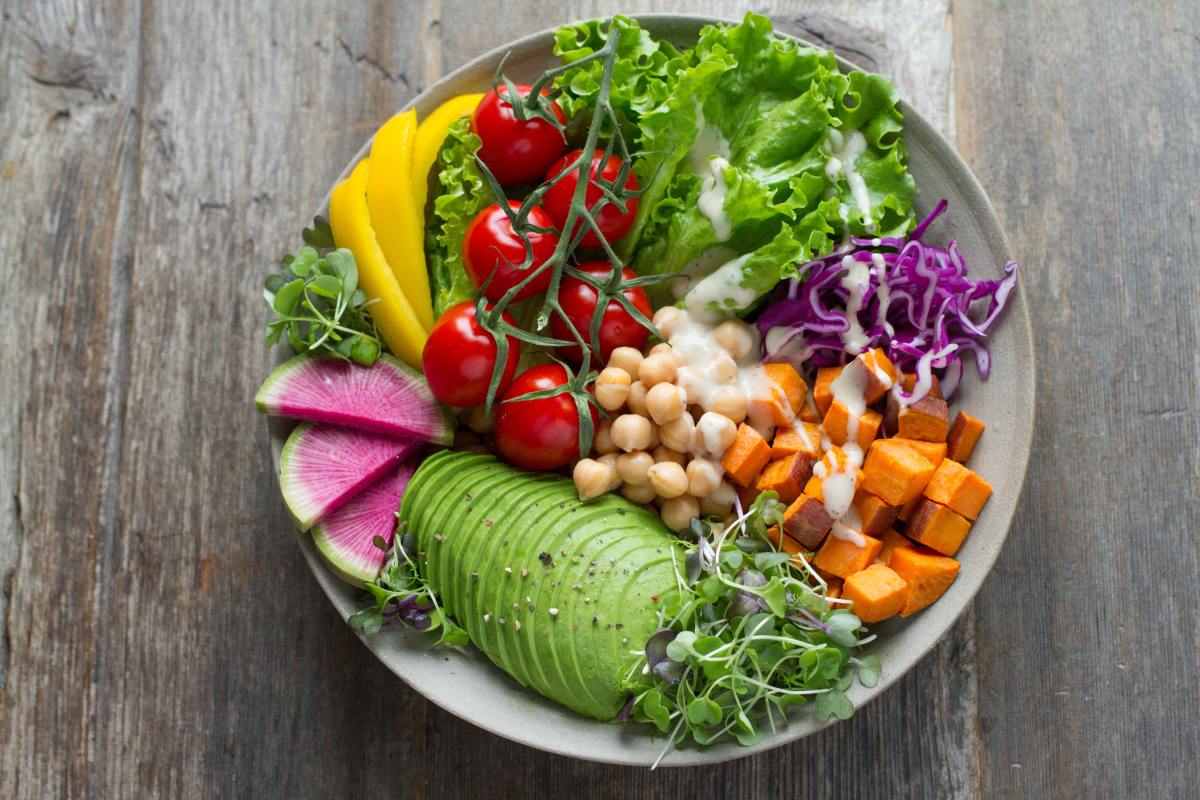ADHD Alternative Treatments: Diet
One of the most important alternative treatments for ADHD is diet. There is strong scientific evidence that proper diet and nutrition can significantly improve symptoms in both children and adults with ADHD, and in some cases, even solve the problem entirely.
Awareness of the important role diet plays in ADHD treatment began to rise in the early 1970's, when Dr. Benjamin Feingold, an allergy specialist, realized that the special diet he was prescribing patients with hives, skin conditions, and other allergic reactions also resulted in significantly decreased hyperactivity symptoms. The Feingold diet, which limited consumption of certain food additives and preservatives, as well as foods containing natural chemicals called salicylates, was and remains controversial. However, many parents have reported improvement in their children's ADHD symptoms on the diet, and it remains a popular alternative treatment for ADHD.
The Feingold Diet
Scientific studies have generally upheld Feingold's claims of reduced hyperactivity in patients following his diet, but symptoms improve much more dramatically in some children than others, so for rapid improvement it is best to use the Feingold diet in association with other alternative and conventional treatments.
The Feingold Diet limits:
- certain food additives
- foods containing salicylates, a naturally occurring compound used to manufacture aspirin
Food additives limited under the Feingold Diet include: artificial colorings, artificial flavorings, Aspartame (Nutrasweet), and the preservatives BHA, BHT, and TBHQ.
Foods high in salicylates include: oranges, apricots, peaches, plums, grapes, cherries, berries, tomatoes, cucumbers, peppers, almonds, tea, and coffee
Based on parents' experience, the Feingold Association also recommends limiting consumption of corn syrup, high-fructose corn syrup, corn sugar, MSG (monosodium glutamate), HVP (hydrolyzed vegetable protein), sodium nitrite, and calcium propionate.
Other Dietary Considerations
The Feingold Diet is not the only diet found to help children and adults with ADHD.
Things to Add
Studies have also shown that a high protein diet improves concentration in children with ADHD. High protein foods include eggs, meat, seafood, nuts, beans, and legumes.
Increasing consumption of healthy Omega-3 fatty acids has also produced significant positive results in studies. Omega-3s are found in high levels in olive oil, canola oil, coldwater fish such as salmon and tuna, oily nuts such as walnuts, and grassfed meat, eggs, and dairy products. A daily dose of fish oil, another good source of Omega-3 fatty acids, is often recommended for children and adults with ADHD.
At least one study has linked low iron levels to ADHD. Foods high in iron include red meat, seafood, spinach, beans and legumes, whole grains, and potatoes.
Things To Avoid
Although studies have been inconclusive about the role of refined sugars such as table sugar and high fructose corn syrup in ADHD, many parents of children with ADHD and adults with ADHD claim that reducing consumption of refined sugars provides dramatic improvement in behavior. Instead of sweetened cereals, soft drinks, fruit juices, and other products, satisfy a sweet tooth with honey, fresh fruit, or 100% juice drinks. Other simple carbohydrates such as white bread and white rice also seem to affect some children. Choose whole grains, brown rice, and other complex carbohydrates instead.
Limit caffeinated coffee, tea, chocolate, soft drinks, and energy drinks. Although small amounts may be beneficial, high consumption of caffeine is suspected of worsening many symptoms of ADHD.
Limit alcohol consumption. In addition to its high sugar content, alcohol worsens impulsivity symptoms.

The Importance of Experimentation
One of the nice things about using diet as an alternative treatment for ADHD is that results are generally quick. Some foods begin to enter the bloodstream and affect behavior within minutes of swallowing them, others may take a few hours or days, but either way there is often a noticeable improvement or deterioration in behavior when a beneficial or harmful food is eaten.
One way to start keeping track of what foods seem to have the most positive or negative effects to to keep a Food and Mood Journal. Every day record what your child (or you!) eats and how he or she behaves. Within a month or two, you should start noticing some correlations and can use this information to limit harmful foods and increase beneficial ones.
You can also use the Food and Mood Journal to experiment. For example, if your child is on the Feingold Diet but loves peaches, you can give him or her peaches a few times by themselves or with different combinations of other foods and try to determine if peaches genuinely have a harmful effect on behavior. If they don't, you can add them back into your child's diet.










